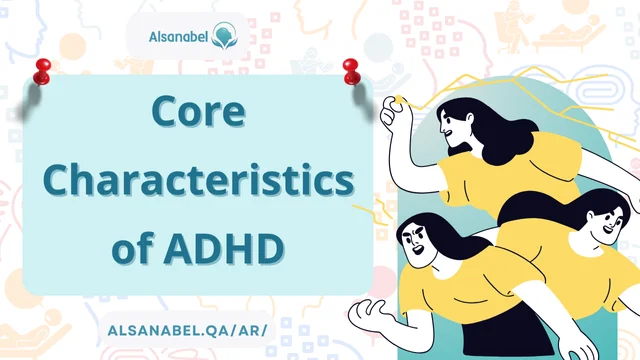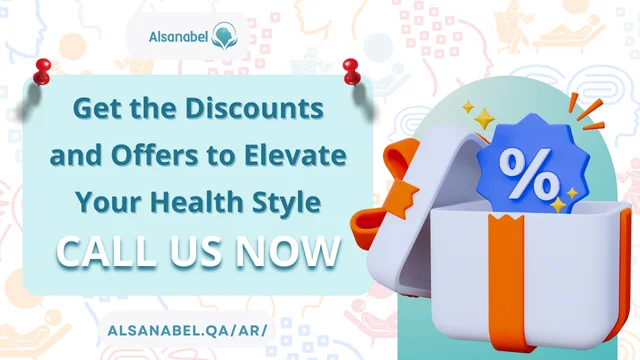
Understanding what an ADHD person is like requires an exploration of the unique traits, behaviors, and challenges associated with Attention Deficit Hyperactivity Disorder (ADHD). This neurodevelopmental condition affects people in various ways, influencing their attention span, emotional regulation, and impulsivity. Each person with ADHD possesses distinct qualities, strengths, and difficulties, shaped by their environment, experiences, and support systems.
This article provides a comprehensive overview of ADHD traits, delves into the intricacies of ADHD personality, and offers strategies for supporting individuals with ADHD in their daily lives.
Core Characteristics of ADHD
ADHD manifests in three primary ways: inattention, hyperactivity, and impulsivity. While these features may sound straightforward, they interact in complex ways, shaping how an individual navigates their personal and professional life.

Inattention
- Difficulty sustaining focus on tasks or activities.
- Frequently misplacing items or forgetting important details.
- A tendency to daydream or appear disengaged.
Hyperactivity
- Constant fidgeting or restlessness, even in calm settings.
- An urge to move, talk, or multitask continuously.
- Difficulty remaining seated or still for extended periods.
Impulsivity
- Speaking or acting without considering the consequences.
- Interrupting conversations or activities.
- Struggling with delayed gratification or waiting one’s turn.
How ADHD Presents in Daily Life
The experiences of an ADHD individual vary greatly depending on age, environment, and coping mechanisms. While some excel in dynamic, fast-paced environments, others face significant hurdles in settings that demand sustained attention or strict organization.
In Children
Children with ADHD often exhibit boundless energy and curiosity. However, these qualities can sometimes lead to challenges in structured environments such as classrooms.
- Struggling to follow instructions or complete assignments.
- Facing difficulties in peer interactions due to impulsive behaviors.
- Excelling in creative, hands-on activities but finding academic tasks overwhelming.
In Adults
For adults, the traits of ADHD may shift but often remain impactful. The challenges tend to revolve around managing responsibilities, relationships, and emotions.
- Struggling with time management and meeting deadlines.
- Experiencing emotional outbursts or frustration over minor setbacks.
- Finding traditional work environments overly rigid or monotonous.
Strengths of a Person with ADHD
While the challenges of ADHD are often highlighted, it is equally important to recognize the strengths that many individuals with this condition bring to their personal and professional lives.
Creativity and Innovation
- ADHD individuals often think outside the box, approaching problems with fresh perspectives and unique solutions.
High Energy Levels
- Their enthusiasm and drive can be infectious, motivating those around them in group settings.
Adaptability
- Thriving in dynamic and unpredictable situations, many excel in environments requiring quick thinking and flexibility.
Challenges Faced by Adults with ADHD
The transition from childhood to adulthood often intensifies the demands on an individual with ADHD. Work responsibilities, financial management, and personal relationships can present significant challenges.
Workplace Difficulties
- Trouble focusing during long meetings or repetitive tasks.
- Overlooking details or making impulsive decisions under pressure.
Relationship Struggles
- Misunderstandings due to forgetfulness or inattentiveness.
- Emotional volatility leading to conflicts with loved ones.
Impact of ADHD on Personal Relationships
Relationships involving a person with ADHD often require patience, communication, and understanding. While ADHD traits can enrich relationships, they can also create friction if not managed effectively.
Positive Contributions
- Bringing excitement, creativity, and passion to relationships.
- An innate sense of adventure that keeps things lively and unpredictable.
Challenges to Address
- Forgetfulness or inattentiveness during conversations or important events.
- Emotional outbursts that can strain trust and communication.
Strategies for Managing ADHD
Supporting an ADHD individual involves creating an environment that fosters growth while addressing potential challenges. Whether as a caregiver, partner, or friend, there are actionable steps to help manage ADHD effectively.
Building Structure
- Establishing routines for daily activities can reduce overwhelm and improve focus.
Encouraging Open Communication
- Creating a safe space for expressing frustrations and needs strengthens mutual understanding.
Utilizing Tools and Technology
- Planners, alarms, and apps designed for task management can help individuals stay organized.
How to Support Someone with ADHD
Understanding and empathy are crucial when supporting someone with ADHD. Tailored strategies can empower them to harness their strengths while addressing their challenges.
Practical Support
- Offering reminders for tasks or appointments.
- Breaking larger tasks into manageable steps.
Emotional Support
- Validating their experiences and avoiding criticism for behaviors stemming from ADHD.
- Celebrating small victories to boost self-esteem and motivation.
Answering Key Questions About ADHD

1. What are the traits of a person with ADHD?
ADHD traits include inattention, hyperactivity, impulsivity, creativity, and adaptability. These traits manifest in unique ways depending on the individual’s circumstances.
2. How can you support someone with ADHD?
Support can be provided by building structure, encouraging communication, offering practical assistance, and fostering an environment of patience and understanding.
3. What are the challenges faced by adults with ADHD?
Adults with ADHD often struggle with time management, emotional regulation, workplace demands, and maintaining relationships due to inattentiveness or impulsivity.
4. How does ADHD affect personal relationships?
ADHD can both enrich and challenge relationships, as traits like creativity and energy add excitement while forgetfulness or emotional outbursts may cause misunderstandings.
5. What are strategies for managing ADHD in individuals?
Effective strategies include establishing routines, using organizational tools, seeking therapy at Al Sanabel Specialized Psychiatric Center In Qatar, and leveraging strengths like creativity and energy in productive ways.
Understanding what an ADHD person is like involves appreciating both their unique challenges and the strengths they bring to the table. By recognizing the defining ADHD traits, supporting individuals with ADHD becomes a collaborative effort that benefits everyone involved.
Through tailored strategies, open communication, and a commitment to fostering growth, individuals with ADHD can thrive in all areas of life, proving that their condition is not a limitation but a different way of experiencing the world. With patience, understanding, and the right resources, the journey alongside a person with ADHD becomes one of shared growth and success.
